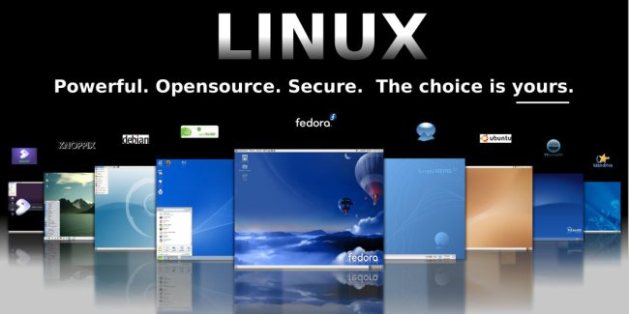There are over 7 billion people on the planet, of whom only about one third have internet of whichever kind. Of this 2 billion, most do not have a) affordable b) reliable c) accessible broadband access. The majority of users in Africa, South America, parts of Europe, Australia and developing nations make do with a) expensive b) GPRS/EDGE c) intermittent signal strength.
I am not the only one who has come to this realization. Some professionals are already working on what they call the Outernet.
Take Africa for example. Africa is three times the size of the USA and there are just over 1 billion people. Only 15,6% have Internet access. Africa is not a village in a developing country (you will be surprised to hear what insights get shared with me from abroad almost daily) but it is an immensely large continent divided into 54 independent nations, mostly hostile towards their neighbours and with “interesting” interpretations of “democracy.” Many African countries are ruled in an imperial way and governments are not always in touch with the realities of global communications and the needs of their citizens. Broadband is not being made freely accessible and, therefore, the modern trend of Cloud Computing, in any form or function, is far from being a practical possibility. There are various submarine cables serving the continent but both governments and service providers are slow in making full use of it.
That was just Africa. Now add the users in Asia, Australia, etc., and you soon will realize that the comfort and convenience of cloud computing is a privilege enjoyed by a small minority of users globally. These users usually assume that others can and must be working in the same way they are.
It simply is not possible.
One can begin to understand that users who do not have broadband access, are being compromised now that mobile phone vendors are geared for Cloud-Only interactivity and data synchronisation. On a daily basis, I get confronted with even seasoned ICT professionals who are in denial about this and who simply cannot comprehend the magnitude of the dire situation that faces users in such regions and how it restricts commerce, education, research, health care, etc.
Users are in limbo. Having grown accustomed to the functionality offered by Nokia’s PC Suite and Outlook, they have tailored they way they work around this simple yet efficient local sync via USB, Bluetooth or wireless networking. No need for Internet access.
- Nokia removed this functionality from Lumia.
- Microsoft removed it from Windows.
- Apple removed it from iTunes.
Users are left crippled!
Linux could be the solution but we need more evolution of Evolution and syncEvolution, or perhaps a port of Companionlink, EssentialPIM, etc. Previously, I had experienced frustration with sync between Evolution and Syncevolution, but I can report that it now is working well. I did a clean installation of Linux Mint 16 Cinnamon and updated all installed applications. Evolution, aided by Syncevolution, now provides a seamless integration that just works, via either Google or OneMediahub. Try it yourself; it should not be giving trouble now.
The real need, for at least another decade, is a (paid, optionally) ready-to-use user-installable application that will provide USB sync between a Linux installation and, at the very least, Android devices. It needs to be able to sync:
Contacts
Calendar
Tasks / Reminders
Notes sync essential. (Apple is bringing back local sync but not for their Notes app.)
My question is this: when will the Geek’s World realise that the lack of exactly this functionality is what mostly keeps Windows or Mac users to be freed into Linux? It is sad that the true geeks generally are unaware of real-life situations faced by a few billion users and they generally reject the message that I am bringing here. They say that users do not complain, so where do I get my information from? Geeks: please note that a few billion have no means of communications with you and that is why you cannot perceive the problem. I am a singular messenger who have found a path to travel to you and bring reports from afar. I represent at the very least a billion people out there, perhaps 2-3 times more.
This is serious!
I am a former financial manager and internal auditor with some excellent IT experience, used to install and set up Windows networks, troubleshoot installations and even wrote useful apps using DBase and Quattro Pro. I am no geek, not by a country mile, but I started out “playing” with Linux around 2006 and have gotten to a stage where I manage to hack around inside the root terminal, usually without breaking my system.
Being not formally educated in IT and also having no programming background, except for writing macro’s, I am out of my depth in wanting to marry my mobile phone with my Linux box. I lack the skill and resources to build the much needed data bridge advocated here. In sharing my VISION, my hope is that someone will listen to this cybervangelist, believe the message and turn this into a MISSION.
The world needs your skills and expertise!

